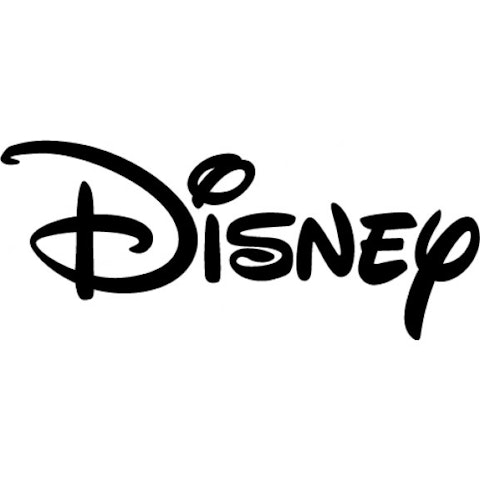If you were planning on taking a trip to any one of The Walt Disney Company (NYSE:DIS)‘s resorts this summer, prepare to shell out a bit more for the privilege: Earlier this week, The Walt Disney Company (NYSE:DIS) raised the prices for a variety of its theme parks, with increases ranging from 5% to nearly 10%.

Disney’s Sleeping Beauty Castle. Source: Wikimedia Commons.
Predictably, consumers and media outlets alike have cried out in protest, wondering how The Walt Disney Company (NYSE:DIS) can get away with such a blatant nickel-and-dime approach.
That raises the question for investors: Will this price hike negatively affect The Walt Disney Company (NYSE:DIS) stock?
It’s only twenty bucks
An adult day-pass to Disneyland or California Adventure, for example, will now cost you five bucks more at a whopping $92. For children ages 3 to 9, a day-pass also increased $5 to $86. The Walt Disney Company (NYSE:DIS) also implemented similar price increases for Disney World as well as for its much more expensive “premier” and annual passports, and even jacked up the price of parking passes by $1 to $16.
But let’s be honest here. While this means a typical family of four like my own (with two kids and two adults) must now fork out another $20 just to walk through the gates at Disneyland, does anyone really believe a single Andrew Jackson will weaken our resolve to give our kids that experience?
After all, what’s another twenty bucks when most people have already resigned themselves to the fact they’ll likely be spending hundreds, if not thousands, of dollars on their Disney-enabled vacations?
I’m (still) going to Disneyland!
What’s more, Disney has predictably raised admission prices annually in the same fashion for more than a decade, but that didn’t stop Disney stock from hitting an all-time high last month, thanks largely to strong theme park attendance, which drove a 73% year-over-year operating income gain for the segment.
In addition, as fellow fool Rick Munarriz pointed out, Disney is taking a little less heat this year thanks to the fact that both Comcast Corporation (NASDAQ:CMCSA)‘s Universal Orlando and SeaWorld Entertainment Inc (NYSE:SEAS) only just finished raising prices for their own respective Florida parks.
The bigger picture
But while the Universal and SeaWorld Entertainment Inc (NYSE:SEAS) parks may very well enjoy a similar level of consumer interest as Disney’s attractions, it’s hard to beat Disney’s breadth and overall potential from a broader investment standpoint.
SeaWorld, for its part, currently trades at a rich 38 times last year’s earnings. That’s a significant premium to the price for either Disney stock or Comcast, which trade with much more reasonable price-to-earnings ratios of 19.1 and 16.4, respectively. Additionally, while SeaWorld does operate 11 U.S. theme parks, which afford it the ability to support merchandising opportunities and a relatively young Media Enterprises segment, the freshly IPO’d company certainly can’t boast the same widely diversified operations employed by entertainment giants like Disney and Comcast.
To be sure, Disney and Comcast Corporation (NASDAQ:CMCSA) each operate their own enormous cable television network businesses as well — but those segments will continue to face increasingly intense competition as streaming competitors like Netflix, Inc. (NASDAQ:NFLX) and Amazon.com, Inc. (NASDAQ:AMZN) Prime plan to up the ante with more of their own original programming in the coming years.





